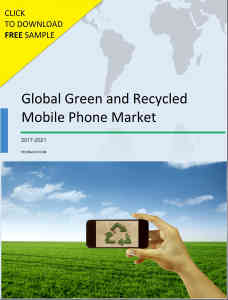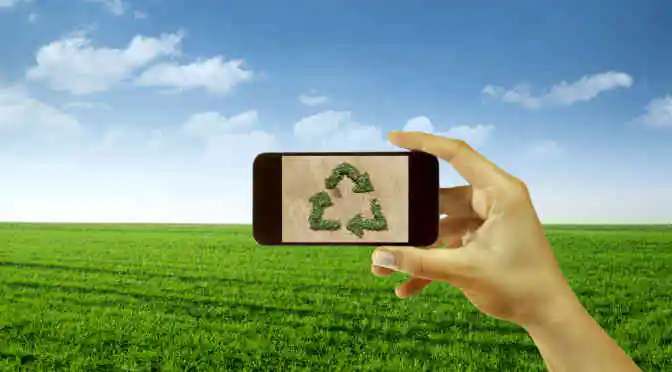Primarily an urban challenge, the fact that UNDP has included waste management as one of its SDGs is enough to shine the spotlight on the critical issue of efficient waste disposal. Part of the problem arises from the fact that in most parts of the world, especially in the case of third world countries, the process of urbanization has been rather abrupt and not a planned development. The result- neither the physical infrastructure of the cities nor the administrative mechanism is prepared enough to effectively handle the quantity of waste generated on a daily basis.
The situation becomes even more complex when the waste generated is not limited to solids alone. Huge chunks of waste generated over the past one decade comprises of e-wastes, and chemical wastes which have substantially contaminated the air and water bodies. As authorities gear up to face the challenge of efficient disposal and recycling of this social bane; waste management itself has emerged as one of the most discussed and researched topics amongst eco-enthusiasts.
What is cluttering our environment?
As we juggle to find ways in which critical issues like air and water pollution can be addressed, generations of accumulated e-waste has surfaced as another puzzle to be solved. In a bid to make life easier, the market has been flooded with massive numbers of household appliances, consumer electronics, and IT communication devices. Often the shelf life of these appliances is rather short, resulting in the BIG challenge of e-waste disposal and recycling.
 The question of air and water pollution remains the same as it was decades ago. In fact, it has only gotten more complex with the percentage of organic particulate matter incrementing steadily. Our lakes and rivers are getting polluted, thanks to rapid unplanned pace of industrialization, especially in the third world countries. The volume of GHGs has also gone up, with chilling implications, including the thinning of the Antarctic ice-shelf and wide ranging disruptions in the climate patterns on the global scale. As international organizations take stock of the situation, and global summits discuss how to bring down the carbon footprint, it’s alarming to zero in on what exactly is being sacrificed in a bid to move towards a more modern and technologically evolved society.
The question of air and water pollution remains the same as it was decades ago. In fact, it has only gotten more complex with the percentage of organic particulate matter incrementing steadily. Our lakes and rivers are getting polluted, thanks to rapid unplanned pace of industrialization, especially in the third world countries. The volume of GHGs has also gone up, with chilling implications, including the thinning of the Antarctic ice-shelf and wide ranging disruptions in the climate patterns on the global scale. As international organizations take stock of the situation, and global summits discuss how to bring down the carbon footprint, it’s alarming to zero in on what exactly is being sacrificed in a bid to move towards a more modern and technologically evolved society.
How waste management is the path to a cleaner and greener earth?
Sustainable development, the new mantra or rather the oft-repeated terminology, is the crux of most of the seminars, political meetings and think-tank projects. Be it the developed world, or the developing countries which are moving towards an automated work system– sustainable growth is the much sought after bottom line. Herein, the critical element that is sure to foolproof the path to sustainable development is waste management.
Right from the creation of waste to its clean and eco-friendly disposal, the advocates of waste management have organized pressure groups which promote the use of goods and appliances which can be easily recycled and/or disposed. For instance, the concept of green and recycled mobile phones has gained massive traction. With stricter norms in place, manufacturers themselves will be more than interested in thinking up products that will not severely add up to the already burgeoning global carbon footprint. Plastic and metal wastes in particular will likely be better managed.
As the UN chalks out the goals to be achieved by 2030, there are a good number of sceptics who doubt the achievability of this mission. Whether the goal of turning waste disposal into a seamless, professionally managed system will be achieved or not– the mandate is that waste management will emerge as an integral part of all the major policy issues, whether it be on urban development, technological innovations, or environment conservation.



